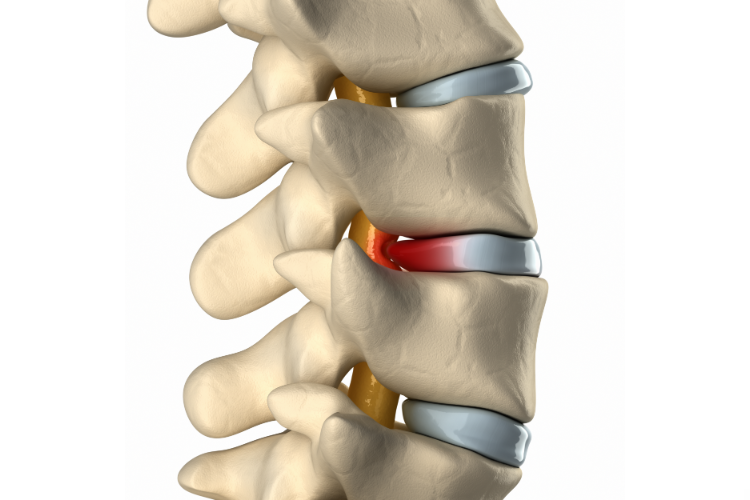Irritable Bowel Syndrome (IBS) is a prevalent gastrointestinal disorder affecting about 25-45 million people in the United States. While the exact cause of IBS remains unclear, its impact on one’s daily life can be significant and even, in some situations, embaressing. Luckily, there are ways to manage your symptoms and lead a relatively normal life.
In fact, chiropractic care shows some promise in alleviating IBS symptoms, helping you gain back control and avoid unwanted digestive discomforts. So, let’s take a closer look. What causes IBS? How can chiropractic care help?
What Causes Irritable Bowel Syndrome?
The exact cause of IBS is not well understood, but it is believed to be a result of a combination of factors, including:
- Gut-brain interactions: Problems in how the gut and brain interact can cause the body to have more sensitive reactions in the intestines, leading to pain or discomfort.
- Muscle contractions in the intestine: Stronger and longer-than-normal contractions can cause gas, bloating, and diarrhea. In contrast, weak intestinal contractions can slow food passage and lead to hard, dry stools.
- Nervous system issues: Subluxations or incorrect signaling of the nerve cells can lead to disrupted digestion and IBS symptoms.
- Inflammation in the intestines: Some people with IBS have an increased number of immune-system cells in their intestines, which is associated with pain and diarrhea.
- Severe infection: IBS can develop after a severe bout of diarrhea (gastroenteritis) caused by bacteria or a virus. IBS might also be associated with a surplus of bacteria in the intestines (bacterial overgrowth).
- Changes in gut microbes: Variations in the microbes in the gut (bacteria, fungi, and viruses) can also be factors in IBS.
IBS may also develop after food poisoning, a course of antibiotics, or as a side effect due to anxiety and depression.
Common IBS Signs & Symptoms
IBS symptoms vary but commonly include:
- Abdominal pain or cramping
- Bloating and gas
- Diarrhea or constipation (sometimes alternating between the two)
- Mucus in the stool
- Changes in bowel habits
These symptoms can further be exacerbated by stress, dietary habits, and hormonal changes.
How Chiropractic Care Can Help
While chiropractic care does not directly treat IBS, it can alleviate some symptoms and contribute to overall wellness, which can positively impact IBS management.
With any new patient, your chiropractor will take time to assess and understand your symptoms. From there, they will create a comprehensive treatment plan to help alleviate your main complaints. Some methods and techniques that may be part of your IBS treatment plan include:
Spinal Adjustments
Misalignments in the spine, particularly in the lower back, can interfere with nerve function and impact the functioning of the intestines. Thus, chiropractic adjustments can restore proper spinal alignment, improving nervous system function and aiding digestive health.
Stress Reduction
Stress is a well-known trigger for IBS symptoms. Chiropractic care, through spinal adjustments and relaxation techniques, can help in reducing stress levels, which may consequently help in managing IBS symptoms.
Dietary and Lifestyle Advice
Chiropractors can provide guidance on diet and lifestyle changes that may help manage IBS symptoms. This includes advice on foods that may trigger symptoms and suggestions for a balanced, gut-friendly diet.
Book Your Appointment Today!
Chiropractors often take a holistic approach to health, considering the entire body and lifestyle factors that could impact your condition. This approach can be beneficial for those with IBS, as it looks beyond just the symptoms and aims to improve overall health and well-being. Additionally, with more and more research emerging about the gut-brain connection, there’s no doubt that the nervous system plays more of a role in digestion than we initially thought.
While chiropractic care is not a cure for IBS, it can be a valuable component in managing your symptoms. By focusing on spinal health, stress reduction, and holistic well-being, chiropractic treatments can help create a more favorable environment for managing IBS. If you’re struggling with IBS symptoms, contact your Chelsea chiropractor today! At Precision Spinal Care, we are committed to helping each and every one of our patients live their very best life.




